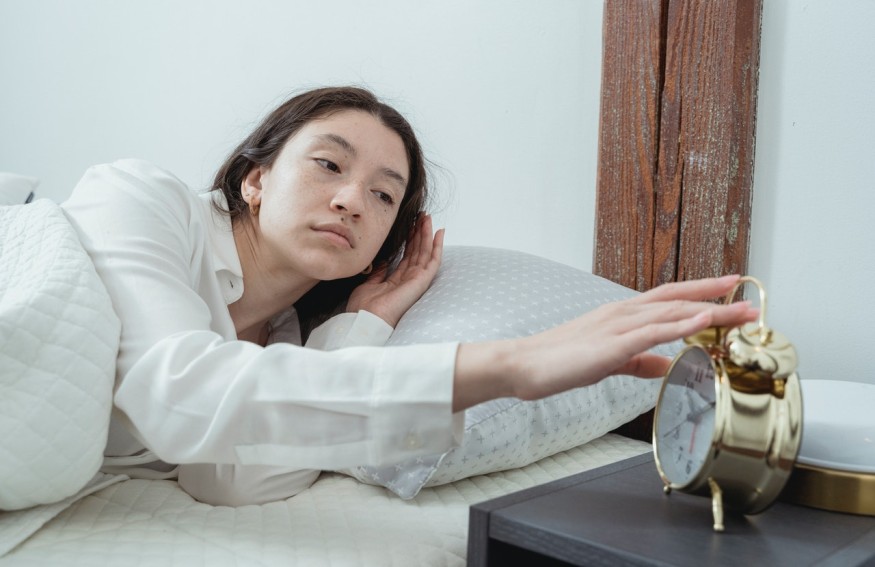COVID-19 had been correlated with many other types of diseases during the pandemic. A new investigation found that adults who suffer from sleep apnea are at greater risk for severe coronavirus infection. The worst part is that having difficulty sleeping is a sign of the disease triggering uncontrollable symptoms, which could result in the death of an individual.
Sleep Apnea and the Coronavirus

According to the study on the correlation between sleep apnea and the coronavirus, the group examined with a sleeping disorder has a 31 percent chance of being hospitalized after catching COVID-19. Also, 31 percent of them have a greater risk of severe effects and are vulnerable to death due to the coronavirus.
On the other hand, sleep apnea alone is a separate case and does not have the relation or capability to heighten a person's chances of being infected with COVID-19. Cleveland Clinic's Neurological Institute, Heart, Vascular and Thoracic Institute, and Respiratory Institute, Heart and Vascular Institute and Lerner Research Institute expert Reena Mehra authored the study along with the contribution of their colleagues and other universities.
Mehra said in a UPI report that people who suffer or have any revealing signs of sleep apnea disorder should seek the advice of their health professionals to have the proper assessment and solution over the condition. The information gathered from their study revealed that lowering the oxygen levels of a person who had an already established sleep apnea or other breathing disorders upon sleeping could result in a much unfortunate outcome with the coronavirus.
Disruption of Oxygen Flow Increases Risk of Severe COVID-19 Infection
According to the Centers for Disease Control and Prevention or CDC, sleep apnea is present in 1 of every 15 adults in the United States. The condition could be confirmed if a person pauses their breathing pattern unconsciously or has a shallow breathing cycle during sleep. If the symptoms are manifesting than normal, people should seek a diagnosis from experts to analyze and treat the disruption of oxygen flow in their system.
Sleep apnea could lead to another condition known as hypoxia. People diagnosed with the said illness have some of the regions in their anatomical bodies deprived of the standard supply of oxygen. The authors of the study said that hypoxia is a condition that is also proven to have a correlation with COVID-19 and usually serves as a common cause of hospitalization after being infected.
The study on sleep apnea and the coronavirus were made possible through the help of the health data gathered from 350,000 adults in the Cleveland Clinic Health System. Most of the population of the subjects were procured from Ohio and Florida and was derived from March to November of 2020. Among the interests of the study was to prove that sleep apnea's oxygen disruption results in inflammation of key organs such as the heart and lungs, as this transition could play an important role in exposing a person to a severe risk of COVID-19. The study was published in the journal JAMA, titled "Association of Sleep-Related Hypoxia With Risk of COVID-19 Hospitalizations and Mortality in a Large Integrated Health System."
Check out more news and information on COVID-19 in Science Times.
© 2026 ScienceTimes.com All rights reserved. Do not reproduce without permission. The window to the world of Science Times.











